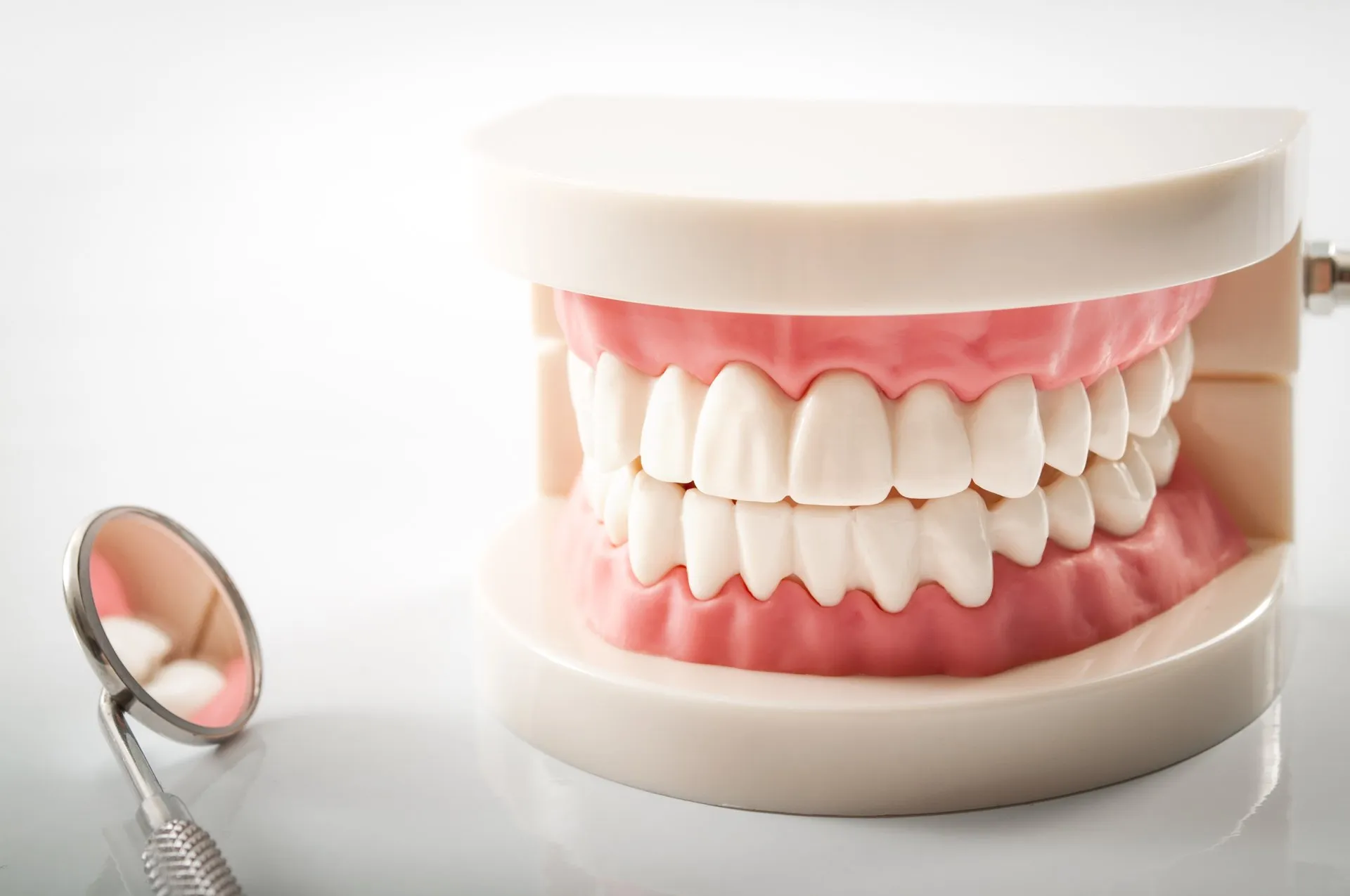Introduction
Dentures are artificial replacements for missing natural teeth. They are used when multiple teeth are missing or have been extracted due to gum disease, accident, or other reasons. As we age, our teeth may weaken and need replacement. Dentures aim to restore both function and cosmetic appearance when natural teeth are no longer present. In this article, we will explore the different types of dentures available and their benefits.
Complete vs Partial Dentures
There are two main types of dentures - complete and partial. Complete dentures are used when all teeth in either the upper or lower jaw are missing and need to be replaced. Partial dentures are used when some natural teeth remain in the jaw.
Complete dentures are constructed from a pink plastic base that fits tightly over the gums. Artificial replacement teeth are then attached to this base. They are not permanently fixed and can be removed by the wearer for cleaning. Complete dentures are generally less expensive than other options as they replace all missing teeth at once. However, they may require some adjustment time to get used to.
Partial dentures are more specialized as they only replace missing teeth, leaving natural teeth in place. They are composed of pink plastic bases that fit precisely around existing natural teeth. Artificial teeth are then attached only in the areas where real teeth are missing. Partial dentures may take more time to make as they must snugly fit around natural tooth structures. However, they can be more secure and comfortable as real teeth anchor them in place.
Benefits of Using Dentures
Dentures provide several key benefits compared to being completely toothless:
- Improved Appearance and Confidence - Full or partial dentures restore a more youthful, “complete” smile. This can boost confidence and quality of life.
- Better Chewing Ability - Replacement teeth allow for easier and more thorough chewing of a variety of foods. Denture wearers are less restricted in their diets.
- Prevention of Other Issues - Tooth loss can lead to bone loss in the jaw over time if not addressed. Dentures help prevent jawbone deterioration by occupying the space and stimulating tissue where teeth once were.
- Improved Speech - Replacement teeth make it easier to pronounce words clearly without a “lisp” sometimes caused by tooth gaps.
- Oral Hygiene - Natural teeth close to dentures can be kept much cleaner as flossing and brushing around replacements is simpler than with empty tooth sockets. Good oral hygiene helps prevent future dental problems.
Caring for Dentures
Proper home care is essential for Dentures to function well and last as long as possible. Here are the basic cleaning steps:
- Remove dentures daily and brush them gently using a denture toothbrush and denture cleanser paste. This removes food and plaque buildup.
- Soak dentures overnight in a denture cleanser solution, such as sodium perborate or effervescent cleansing tablets. This chemical disinfection further eliminates germs.
- Use denture brush bristles, not regular toothbrush bristles which could damage the plastic. Brush the inner, outer, and chewing surfaces thoroughly.
- Rinse dentures under clean running water before putting back in the mouth. Do not wear unclean dentures to reduce foul odors and irritation.
- Use toothpaste when brushing your natural teeth near dentures to keep gums healthy. Floss carefully around any existing teeth next to denture bases.
- See your dentist regularly, at least once yearly, to check denture fit and make adjustments as needed due to jawbone shrinkage over time. Relines help prolong denture lifespan.
For those missing many teeth, dentures are an excellent tooth replacement option to restore function, appearance, and oral health. With proper home care, complete or partial dentures can serve patients well for years to come.
Get More Information Here: https://www.pressreleasebulletin.com/the-role-of-dentures-in-oral-health/
Explore Related Topics, Please Visit: https://masstamilan.tv/signage-an-integral-part-of-marketing-strategy/
